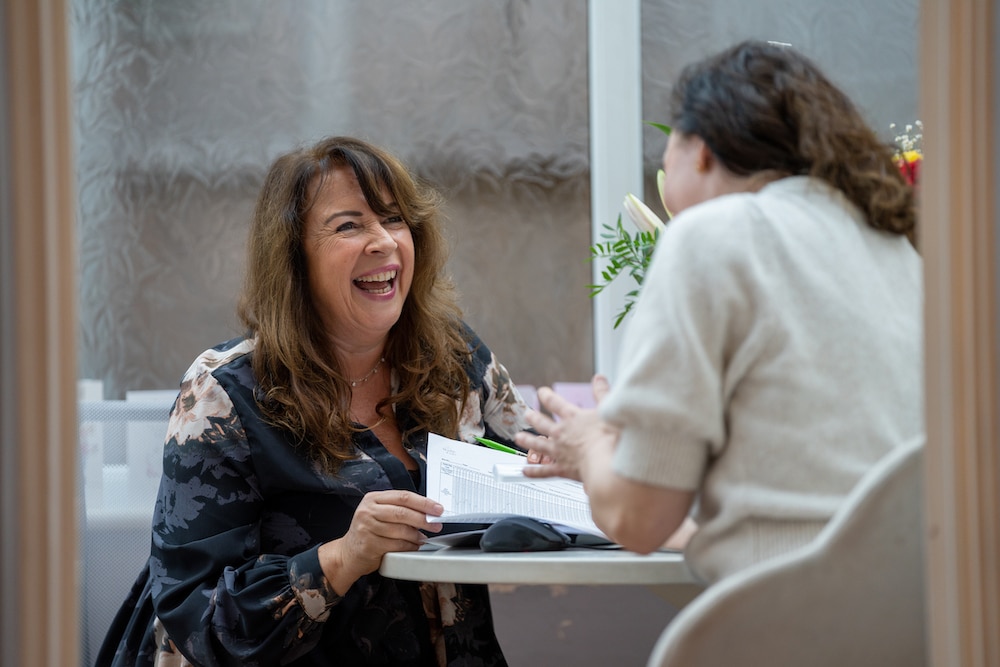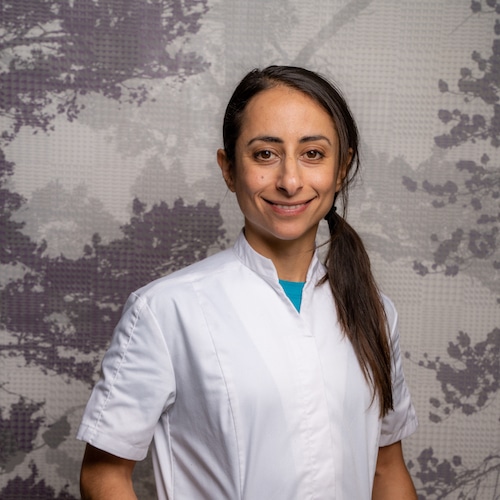Acupuncture and IVF
Acupuncture and IVF
Acupuncture for fertility is often used alongside IVF to enhance effectiveness. Due to its effectiveness, Acupuncture has become integrated into many of the best fertility clinics worldwide. Research proved its ability to enhance effectiveness. Still, it also helps the body deal with the side effects of the drugs and relieves some of the stress and anxiety that is inevitable with this type of treatment. Researchers at the University of Southampton and Princess Anne Hospital in Southampton, UK, have found that women undergoing acupuncture simultaneously as IVF increased their chances of having a baby from one in five to one in three. The research, published on the Cochrane Library’s online database, involved looking at 13 studies comprising 2,000 women worldwide who underwent acupuncture simultaneously as a course of IVF.
Studies suggest Acupuncture improves the chances of a successful pregnancy
Every year 33,000 women undergo IVF when an embryo that has been fertilised in a laboratory is transferred into the womb. Acupuncture significantly increased a woman’s chance of successful embryo implantation if the patient had Acupuncture around embryo transfer. Recent research has shown that Acupuncture increases IVF and IVI success rates by almost 30 – 50%. In addition, studies show that Acupuncture decreases stress and increases blood flow to the uterus/fallopian tubes and ovaries. Furthermore, Acupuncture has been shown to increase the thickness of the womb lining overnight by almost 4-6 mm. It also decreases cramping in the womb after IVF treatment, thereby reducing the risk of expulsion of the embryo. In addition, it is known to assist the implantation of the embryo.
It’s Important to come Early On
Ideally, the best results are seen if Acupuncture for Fertility commences 2-3 months before IVF/IVI. During this time, the menstrual cycle is balanced, the uterus is nourished, and the quality of the eggs is increased. However, if time is of the essence, starting Acupuncture sessions as soon as possible has positive effects on the outcome of your treatment. Generally, your Acupuncturist would see you weekly throughout the IVF process and before/after egg collection and embryo transfer. Treatment can then be continued weekly for a while to maintain the infertility of the pregnancy.
How Acupuncture can help
Most clinical trials suggest that acupuncture may be effective in the embryo transfer stage of in vitro fertilisation and results in an increased pregnancy rate and a more significant number of live births (Cheong 2008; Manheimer 2008; Kong 2009; Chen 2009; Smith 2006, Westergaard 2006). However, there have been exceptions (Domar, 2009) (see Table overleaf). In one recent large trial, the pregnancy rate in the acupuncture group was lower than that of the control (So 2009), thus affecting the results of subsequent reviews (Cheong, 2010). This trial used an inappropriately active control treatment, a sort of acupressure, thus casting doubt on the validity of the findings.
Acupuncture may help in the treatment of infertility by:
Regulating fertility hormones – stress and other factors can disrupt the function of the hypothalamic-pituitary-ovarian axis (HPOA). Acupuncture promotes the release of beta-endorphin in the brain, which regulates gonadotrophin-releasing hormone from the hypothalamus, a follicle-stimulating hormone from the pituitary gland and oestrogen and progesterone levels from the ovary (Anderson 2007).
- Increasing blood flow to the reproductive organs (Ho 2009, Anderson 2007) can improve the thickness of the endometrial lining, increasing the chances of embryo implantation.
- Increasing egg production (Jin 2009) and improving oocyte quality (Chen 2009) could increase fertilisation.
- enhancing luteal function (Huang 2009)
- regulating follicle stimulation hormone-receptor expression (Jin 2009).
- normalising cortisol and prolactin levels on IVF medication days (Magarelli 2008); reducing stress (Anderson 2007)
- promoting embryo implantation (Liu 2008).
- (Source British Acupuncture Council)

FSH – Science
A baseline FSH blood test on day 3 of the menstrual cycle indicates the ‘ovarian reserve, which is the ovary’s capacity to provide eggs capable of fertilisation resulting in a healthy pregnancy. Increased FSH generally represents a reduced egg supply and may also reflect a decrease in egg quality. Normally, FSH levels are expected to be below 10 min/ml, and 10-15 Miu/ml are considered borderline.
High FSH – Acupuncture thoughts
High FSH levels, according to TCM, indicate a deficiency in Ki Yin E, which is usually needed to make good, fertile eggs. Although, as in western medicine, fertility decreases with age, in TCM, the Ki Yin and the energetics of the Ki decrease with age. Acupuncture nourishes and supports the Ki Yin and thus reduces raised FSH levels. FSH levels can also be related to blood movement in the uterus or the emotional state. In these circumstances, acupuncture can stabilise FSH levels.
Our Fertility Acupuncturists
What our clients say
I would highly recommend a treatment at The Hatfield Practice. I found the staff warm and inviting, and instantly put me at ease.
The initial assessment was very thorough, and the treatment was tailored to my specific needs. Thank you so much for making me feel comfortable and in a safe pair of hands. I would genuinely recommend the team in a heartbeat.
A great safe place to have a pregnancy treatment, very friendly team, a good understanding of the issues and appropriate treatment to resolve.





